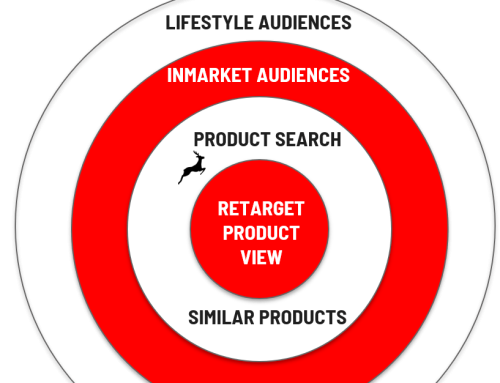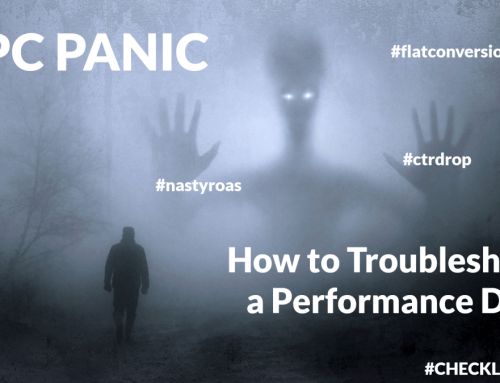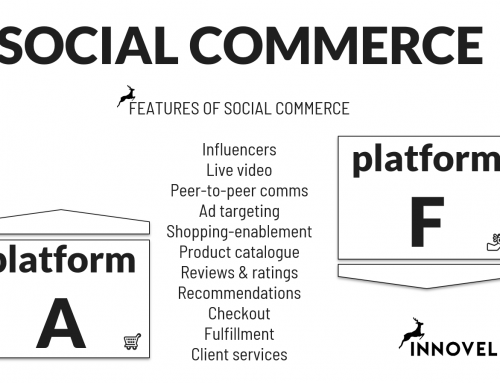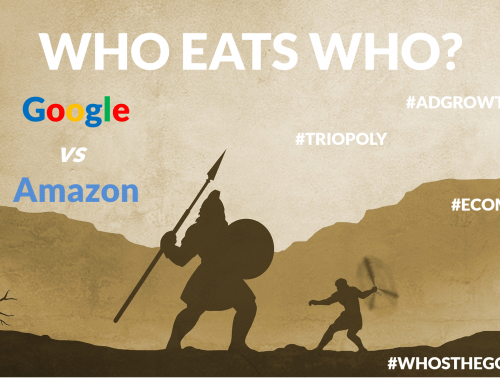In recent years the world has changed much more than I would have ever expected as a disillusioned teenager with a tendency to be depressed over the State of the World back in the 80s.
The Importance of Road signs
I had the immense privilege of visiting Prague in 2010. Prague is the capital of the Czech Republic (you knew that – I am just reminding you). In my preparation to go there I consulted the Wikipedia page and got myself lost on the internet starting with Wikipedia: http://en.wikipedia.org/wiki/Czech_Republic
In 1968, the Czech tried to reform the Communist regime. The event is known as the Prague Spring and it ended with an invasion of Prague by the Warsaw Pact countries. Tanks rolled into Prague and the country was occupied for the many coming years.
What did the Czech do to disorient their invaders? Well the story says they went out and painted all the road signs so only the signs pointing to Moscow would remain visible. Information War at it’s best! I wonder how much impact this would have on the invasion troops – and I try to remember Life before GPS…
The Arab Spring and Social Media
I live in a country which went to War during the Arab Spring – like many other Europeans, I have lived most of my life with peace. In the recent Tunisian, Egyptian and Libyan uprising, I like to imagine that one of the big facilitators for an Emerging Democracy is Internet technologies (that would make all those years I spent in front of a computer screen worthwhile, wouldn’t it?). Diving into this, there are many pieces of evidence of how Internet and mobile technologies have been important factors
- Iran 2009: A young girl is shot by the Iranian army. Someone grabs a video with a mobile phone publishes on Youtube and this is tweeted and retweeted around the world bringing world fame to Twitter and bringing the World’s attention to events in Iran.
- Tunisia 2010: “Thanks Facebook” graffiti: http://www.ndi.org/node/17818 Who cares if you failed your IPO after something like that?
- Egypt 2011: the revolutionaries worked systematically for years building up their contact networks. Facebook was one of the major means of mass-communication for organizing demonstrations.
- Libya 2011: immediately after the uprising started, colonel Khadafi cut the mobile network and started his systematic TV propaganda. Those were some of his most powerful weapons until the opposition got organized.
So are Internet Technologies Good or Bad?
Internet technologies seem to provide a phenomenal potential for opening up for Democracy. Some are starting to say too much.Wikileaks are publishing classified information obtained through a pursuit for extreme freedom, hackers are attacking major corporation. If you know how to read a logfile, open one and have a look at what is really happening on a webserver – you will be surprised at the amount of non-human traffic a webserver attracts and at the number of random hacking attempts that happen on them.
We are back to a technology dilemma – on one hand Internet Technologies are so powerful they can build fortunes, they can build Democracy, they can create Happiness. On the other hand they also have the power to bring down Governments, to break Multinational corporations and to kill a Brand. So are they good or bad?
Well, technologies are really just tools. So of course they are not inherently good or bad – they are merely enhancements of the Nature of the Human Being using them. To that end I cherish their power as an agent of change as I have always thought we needed some. And I guess I am naively hoping there will be more improvements than destructions at the hand of of Internet Technologies. Inevitably there will be both.
In 2011 I had the intention to write about ‘something important’ once per internet year (7 per calendar year). The original post for this article was the first outcome of that intention.





